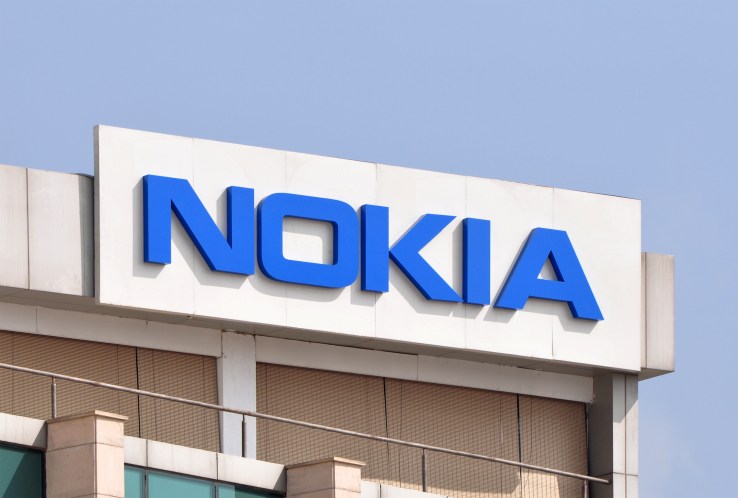
After a quick fight, Apple and Nokia settled a patent lawsuit back in May. But the two companies didn’t comment on the value of this settlement. While terms of the deal are still undisclosed, Nokiamob first spotted that Nokia announced that it has received a $2 billion upfront cash payment from Apple (€1.7 billion).
This seems like quite a lot of money, but Nokia won’t get $2 billion every quarter — this was non-recurring catch-up revenue. Nokia hasn’t said what it plans to do with all this cash.
The lawsuit began late last year. Nokia first accused Apple of infringing some of Nokia’s patents as well as patents from NSN and Alcatel-Lucent — Nokia owns those companies and their respective patent portfolios.
According to Nokia, it’s been a longstanding infringement as Apple has allegedly relied on some of Nokia’s patents since the iPhone 3GS. Those patents are related to software, video coding, chipsets, display, UI and antenna.
It looked like an intense fight at first as Apple removed Withings’ products from its stores — Withings is a division of Nokia. But the two companies quickly reached an agreement and you can find Withings products again in Apple stores.
Instead of signing a usual patent licensing deal, Apple and Nokia want to go a step further and collaborate on technologies and research and development. In other words, Apple is paying Nokia to help them when it comes to digital health, optical network and IP routing.
It’s going to be interesting to look at Nokia’s upcoming quarterly earnings release to figure out how much Apple is paying for this agreement. But there’s one thing for sure — Nokia must be quite happy with this new revenue stream.
More@ https://www.technapping.com
Source: Techcrunch
Comments
Post a Comment